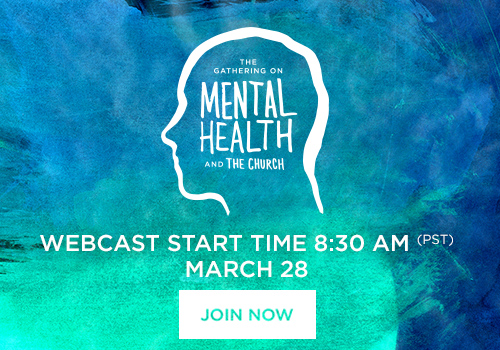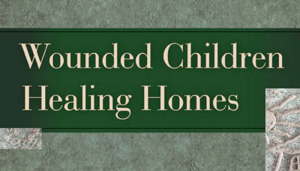
The Danger of Self-Diagnosis for a Fantastic Friday
 This week I’m preparing to speak about mental illness at our church on Sunday. No wonder this post, written four years ago this month while doing research for a book on PTSD in children, caught my eye. This post is as apropos now as it was then.
This week I’m preparing to speak about mental illness at our church on Sunday. No wonder this post, written four years ago this month while doing research for a book on PTSD in children, caught my eye. This post is as apropos now as it was then.
The Danger of Self-Delusion
During January and February, my days were consumed with research for a new book proposal about post-traumatic stress disorder (PTSD) in kids. Consequently, I learned just enough about several mental illnesses to endanger my own state of mind. All this new information sent me into a tizzy of worry and self-diagnosis, resulting in the following list:
- The great pleasure I find in the order and symmetry of the picture above is a sure sign of obsessive-compulsive disorder.
- My penchant for list making could be another sign of obsessive-compulsive disorder, or it could be a coping mechanism I employ to hide early onset Alzheimer’s.
- I probably have an eating disorder because one of the marks of an eating disorder is obsessively thinking about food. And I think of food at least three times a day, sometimes more.
- Kids can be traumatized in many ways, and one of them must have happened to me during childhood so I must have PTSD.
- Taking out all the garbage, cleaning the bathrooms, doing the laundry, and emptying the dishwasher before going on vacation points to a yet undiscovered, reverse housecleaning phobia which I hope they name “Philophobia” after me.
- The desire to name a mental illness after myself pretty much proves I have a narcissistic complex.
- All this worrying about having a mental illness points to an anxiety disorder, don’t you think?
Believe me, that list is only the tip of the mental illness iceberg. If everything I’ve self-diagnosed was on that list, you’d think I was crazy. But I’m not.
8. Time to add self-delusion to the list.




